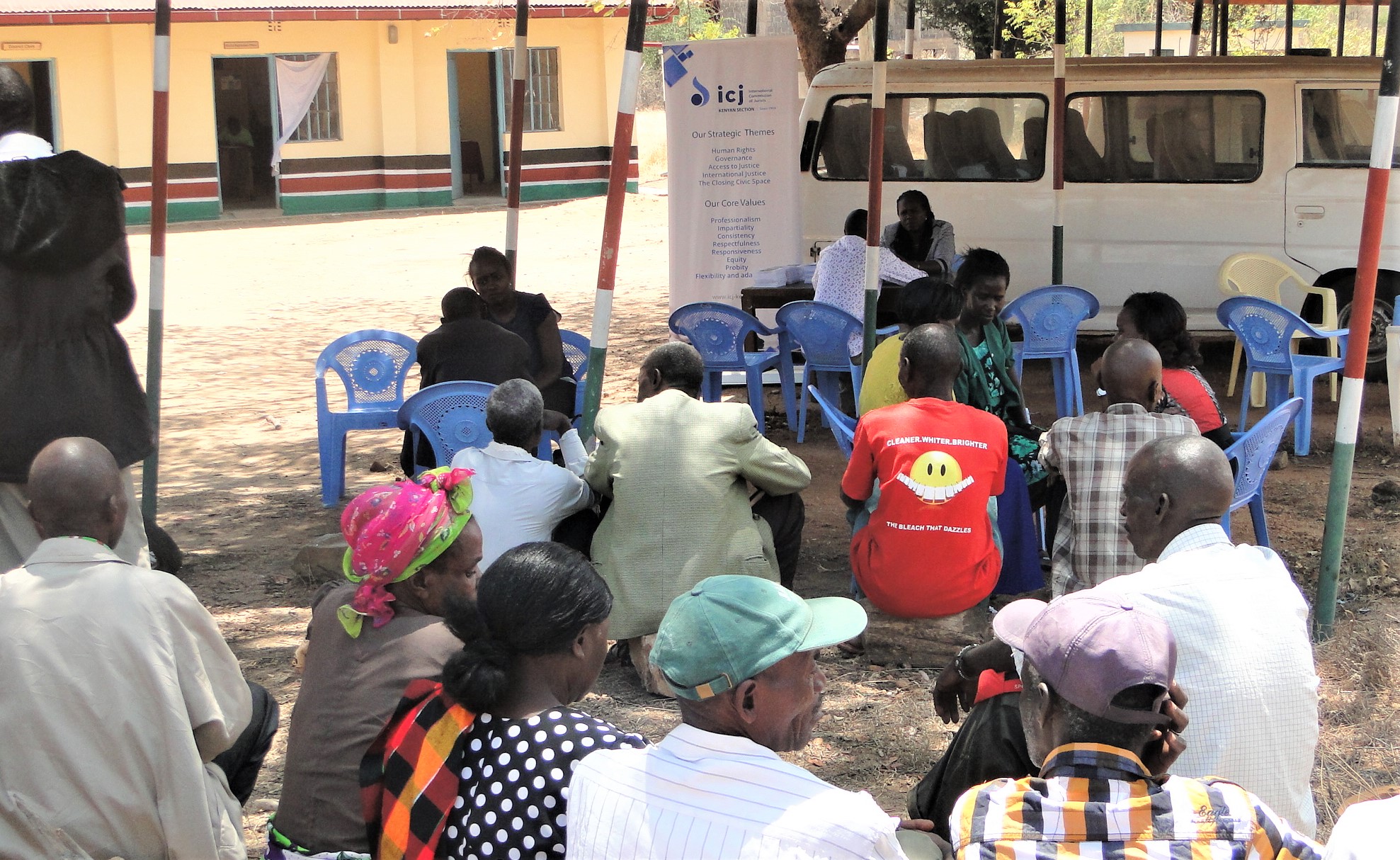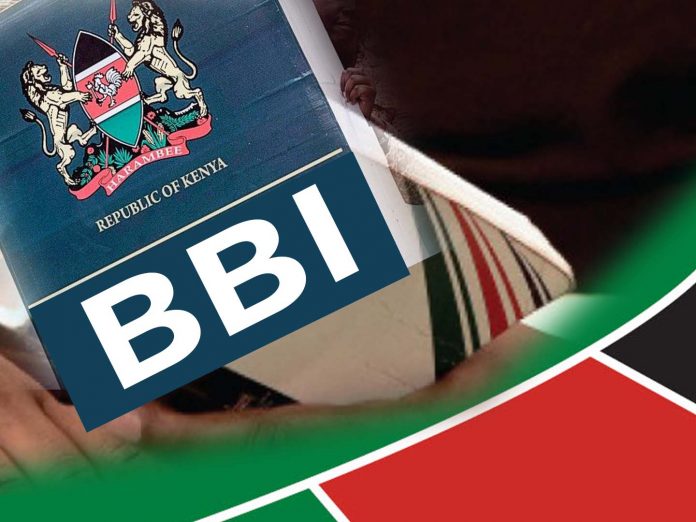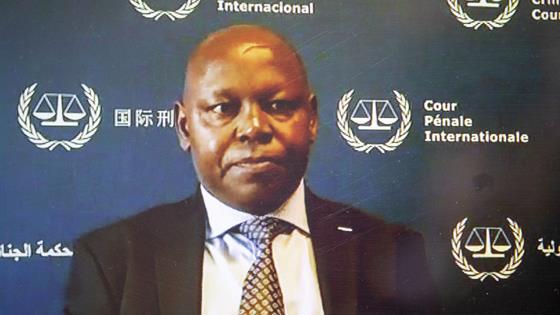KENYA: January 1, 2021
For over three decades, the Kenyan Section of the International Commission of Jurists (ICJ Kenya) has coordinated a network of paralegals in Trans Mara, Taita Taveta, Kwale, Kitui, Meru and Laikipia counties. Paralegals play an integral role in the promotion of access to justice for indigent and marginalised persons at the community and grassroots level. Their role is anchored in the Constitution of Kenya and the Legal Aid Act, 2016.
Based on ICJ Kenya’s 2020 annual paralegal report, it was evident that the paralegals continued to play a critical role in the expeditious settlement of civil disputes at the community level. The paralegals utilised Alternative Dispute Resolution (ADR) mechanisms such as mediation and conciliation, and also drafted court documents for people who could not afford the services of an advocate.
The paralegals continued to track human rights violations in the communities and created awareness on human rights issues in collaboration with stakeholders in the justice system especially during the COVID – 19 pandemic when access to justice is a challenge and the. they also engaged civil society organisations in discussions on promotion of effective administration of justice.
Opportunities for paralegals in the Legal Aid Act:
The Legal Aid Act, 2016 is a crucial piece of legislation for the provision of legal aid and the promotion of access to justice. e Act highlights accreditation and the role of accredited paralegals. It further establishes the National Legal Aid Service (NLAS), the Legal Aid Fund and the eligibility criteria for accessing legal aid in Kenya. An accredited paralegal is defined as a person accredited by the service to provide paralegal services under the supervision of an advocate or an accredited legal aid provider. e definition brings into perspective a formal mechanism for recognition of paralegals in Kenya under NLAS. e Act also advocates for the use of ADR in settlement of disputes and envisages four key parameters of legal aid: legal advice, legal representation, legal assistance and legal awareness.
Plea bargaining as an alternative to criminal prosecution:
ICJ Kenya has been training our paralegals on plea bargaining which is among the alternatives to criminal prosecution that the Office of the Director of Public Prosecution (ODPP) seeks to advance in order to reduce case backlogs in court and decongest prison population. It is the process by which an accused person and the prosecution can jointly agree to end a case with the approval of the court.
The main goal of plea bargaining is to narrow down the issues in a criminal case and arrive at a just outcome within the shortest possible time. is includes the possibility of reaching an agreement about acceptable plea[s] of guilty and recommendations on sentencing. This agreement is arrived at mutually and reduced into writing in the form of a plea agreement before court.
Impact stories
The paralegals have reported remarkable successes in their interventions.
An example is a land dispute between two brothers that was reported to the Meru Paralegal Network Office. John Murume and Michael Mwendwa (not their real names) owned a piece of land jointly. Michael sold the piece of land to a third party without the consent of his brother. The aggrieved brother reported the case to the paralegal network and the coordinator, Mrs. Judith Wangari, summoned the brothers and the buyer of the land to her office. She informed them about the value of out of court settlement and the steps involved. e parties agreed to settle the matter amicably. e purchaser agreed to compensate the aggrieved brother with an alternative parcel of land equivalent to the plot that he initially owned. In Taita Taveta, Jeremiah Cherezuga, the coordinator of the Taita Taveta paralegal network, assisted two step brothers to represent themselves in court in a land matter. e case involved three step brothers named Peter Shake, Austine Mghanga and Java Mwaeghwa. Peter Shake was claiming that his step brothers had registered land that belonged to them jointly in their names without including his name or involving him in the process.
Mr Jeremiah summoned all the parties to his office in order to try and reach an amicable solution. However, the efforts to settle the matter out of court were not successful. Peter sought the services of a lawyer to file a suit and the paralegals assisted his step brothers to file a defence because they couldn’t afford a lawyer. e suit has since been determined in favour of Austine Mghanga and Java Mwaeghwa
Challenges Facing paralegals in the field
- Lack of financial resources to facilitate the work of the paralegals.
- Insecurity when handling sensitive cases.
- Mistrust between advocates and paralegals because advocates refer to them as quacks.
Recommendations
- Recruitment of more paralegals is necessary to meet the demand for legal aid by the poor and marginalised. Recruitment of paralegals in prisons will ensure prisoners are able to articulate their rights during trial.
- Training of paralegals on issues and cases that are prevalent in their respective regions will build their capacity to handle the cases.
- Community outreach programs in collaboration with strategic partners such as constitutional commissions such as National Land Commission (NLC) and NLAS will enable members of the community to be aware of their rights and responsibilities.
- Resource mobilisation for activities and administration related costs will make the work of paralegals efficient.
Conclusion
ICJ Kenya will continue partnering with paralegal networks and support them to monitor and document human rights violations at the grassroots level. Full implementation of the Legal Aid Act will ensure that paralegals receive accreditation. Therefore, ICJ Kenya will support the relevant government agencies to actualise the legal Aid Act. ICJ Kenya also plans to continue building the capacity of paralegals through trainings in order to enable them to provide sound legal advice to community members.











